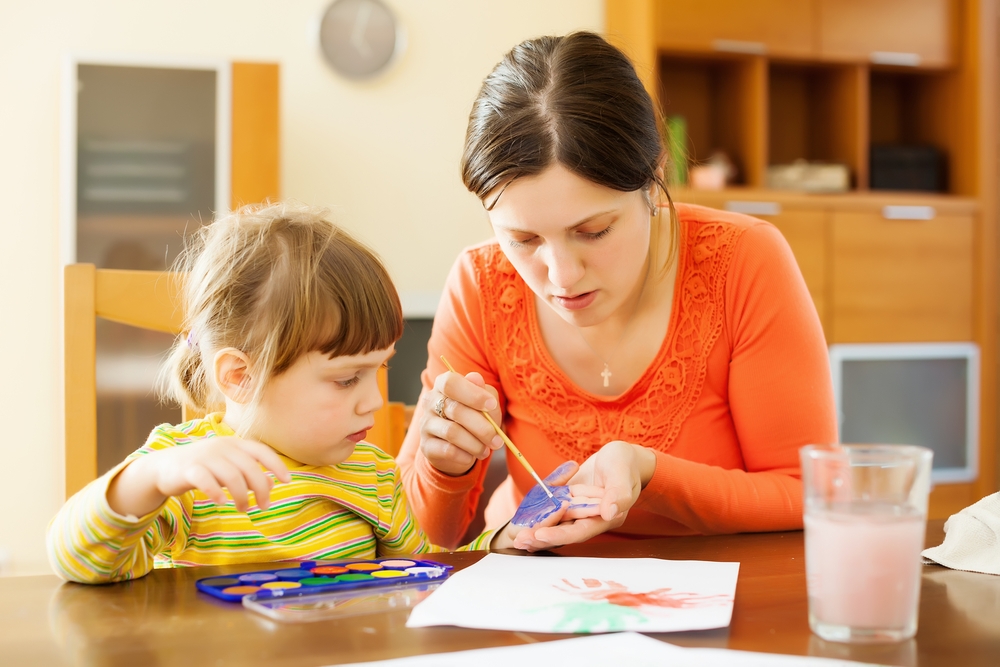How a CDA Credential Helps You Communicate with Families
Making the decision to join the field of education means not only working with children, but also with their families. Luckily, when you're completing or renewing your CDA credential, there are courses you can take that help with learning best practices for communicating with families. Here is what you need to know:
Communicating With Families
The families of your students are trusting you with their greatest treasure. They may come to you with concerns, and if you're able to effectively communicate with them, you can provide real peace of mind. That is why it is important to focus on communication as part of your professional growth. As an educator with a CDA credential, you will be better prepared to handle conversations with families in a professional and supportive way.
Active Listening
To reassure families that you truly hear what they are saying, you should embrace active listening strategies. These include being aware of non-verbal cues, such as physical gestures. Movements such as nodding your head, and avoiding closed body language, such as crossing your arms, show you're listening. In addition, accurately summarizing the family’s point of view is also a great active listening strategy. Simply say, "This is what I hear you saying" and then list what you've heard. That helps to keep everyone on the same page.
Support and Warmth
Always try to be warm and supportive. Families might be anxious about their children's education, worried about what's happening in class, or have any number of other concerns. In any case, kindness and support can help the family members relax and feel more comfortable in their communication with you as the teacher.
Online Classes to Improve Communications
To improve your communication skills, you should enroll in classes that focus on communication when working on your CDA credential. Ideally, you should take the following courses:
The Art of Communication Part 1: Listening to Children — As an educator, much of your job relies on your ability to communicate effectively. Not only will you have to share lessons with your children, but you also need to be able to communicate rules and expectations. On top of that, you also need to know how to communicate during social interactions with the children. This online course helps with all of it.
The Art of Communication Part II: Communicating with Families — Communicating with children is only the beginning. You also need to be able to communicate with their families. This online course gives you skills and best practice ideas that can be helpful in these situations.
Parent/Teacher Conferences — Parent/teacher conferences are an important venue for letting families know how their child is doing in your classroom. To ensure you can make the most of these conferences, you should take this class when working on your CDA credential.
Engaging Parents
In addition to talking with families during drop-off and pick-up times, or at parent-teacher conferences, you may also want to get parents engaged in your classroom or program. There are also CDA credential courses that can help with those challenges. In particular, sign up for the following:
Guidelines for Parent Volunteers — A quality school needs help, and parent volunteers are key. However, communicating expectations, setting up schedules, and managing volunteers requires a unique skill set. This course ensures you're ready.
Appreciating & Celebrating Diversity — Your students and their families come from diverse backgrounds. Take a look at this course for specific communication tips on how to appreciate and celebrate that diversity.
Getting Families Engaged! — This course will help you identify the value of incorporating individual culture into your daily classroom activities, increase and encourage communication between your facility and students’ families, provide activities and ideas to help families support learning at home.
To sign up for any of the above courses or to start earning your CDA credential, contact us at ProSolutions Training today.




